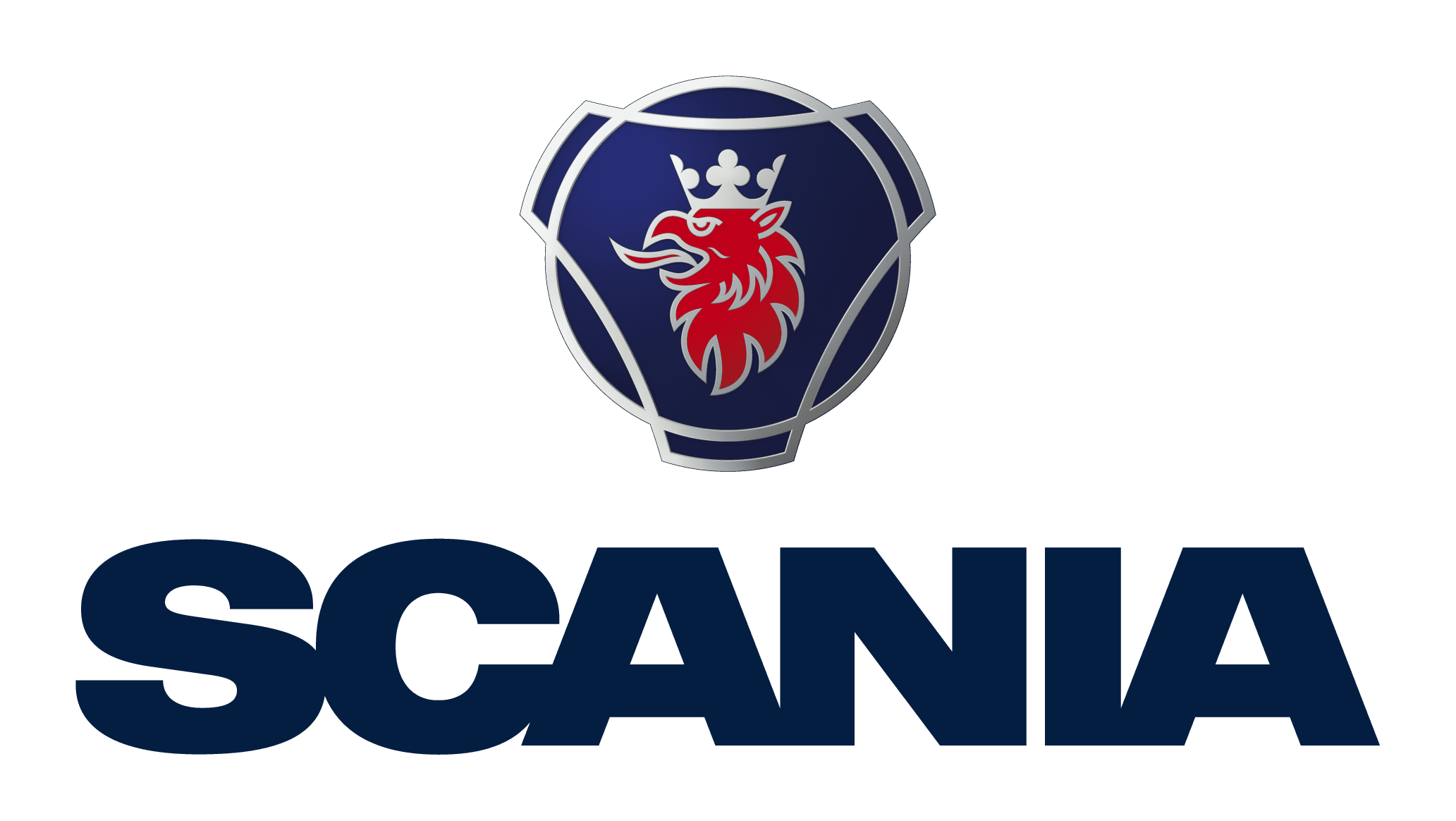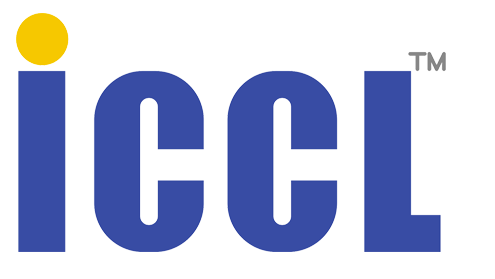Bus Industry Reformation receives further support
 Reforming the stage bus industry continues to be a priority for the Government and with the latest injection of RM142.7 million under the Interim Stage Bus Support Fund (ISBSF) 2016, bus users commuting daily across small towns and villages will benefit from uninterrupted service. This critical allocation will be channelled to 65 stage bus operators who have applied for assistance this year.
Reforming the stage bus industry continues to be a priority for the Government and with the latest injection of RM142.7 million under the Interim Stage Bus Support Fund (ISBSF) 2016, bus users commuting daily across small towns and villages will benefit from uninterrupted service. This critical allocation will be channelled to 65 stage bus operators who have applied for assistance this year.
In May this year, several bus operators had requested for continued Government assistance to enable them to sustain their business and keep operating marginal or loss-making routes, which were still in demand especially by commuters from lower income groups.
SPAD has begun processing the 2016 applications, and to date, operators from Johor, Kedah, Kelantan, Kuala Lumpur, Melaka, Negeri Sembilan, Pahang, Perak, Selangor and Terengganu, have received financial assistance amounting to RM11.62 million. SPAD will continue to assess the remaining applications and disburse funds to bus companies that qualify for the assistance this year.
Introduced in 2012 to address the shortfalls in daily operations of stage bus operators, the ISBSF programme is an interim measure to provide operational assistance especially to those plying rural areas. To-date, the ISBSF programme has benefitted over 347 million passengers travelling along 608 routes.
“Buses remain a key mode of connectivity in smaller towns and areas that rail services do not reach. Recognising the need to keep these vital social routes running, the Government is working on improving stage bus services for a more sustainable future through various initiatives. With the continuation of the Interim Stage Bus Support Fund (ISBSF) by the Government in 2016 the total budget allocated for this programme to date is RM661.7 million” said SPAD Chairman, Tan Sri Dato’ Seri Dr. Syed Hamid Syed Jaafar Albar.
In terms of long term stage bus industry reform and sustainability, existing recipients under the ISBSF programme who operate services in capital states will be migrated into the Stage Bus Transformation (SBST) programme which introduced the myBAS service in 2015. The SBST programme is designed to improve operator viability and expand bus routes by migrating from the fare-box revenue collection model to the gross-cut service delivery model. With an investment of RM100 million, SPAD has operationalised myBAS services in Kangar, Seremban and Ipoh and is slated to roll out similar services in Kuala Terengganu and Johor Bahru,” added Tan Sri Dato’ Seri Dr. Syed Hamid Syed Jaafar Albar.
“In the context of Greater Kuala Lumpur/Klang Valley, stage buses as supporting services to the rail system underwent a network revamp in December 2015 targeted at upgrading bus services that were previously inconsistent due to unpredictable frequency especially in low demand areas.
Complimenting this further is the recent approval by the Government for budget allocation to ensure that the free bus services offered by GoKL continues to benefit commuters in the central business district until 2021. We estimate that an annual budget of RM13 million is required to support the operations of GoKL annually. Initially comprising the Green and Purple lines which serve the KLCC - Bukit Bintang and Pasar Seni - Bukit Bintang routes, the GoKL service was further expanded in 2014 with two new lines, Blue and Red to serve the Medan Mara - Bukit Bintang and KL Sentral - Jalan Tuanku Abdul Rahman routes. Over 52,000 city dwellers continue to enjoy this free bus service by GoKL daily. These initiatives are part of a bigger effort to make buses a more viable option for commuters,” said SPAD’s Chief Executive Officer, Mohd Azharuddin Mat Sah.



























